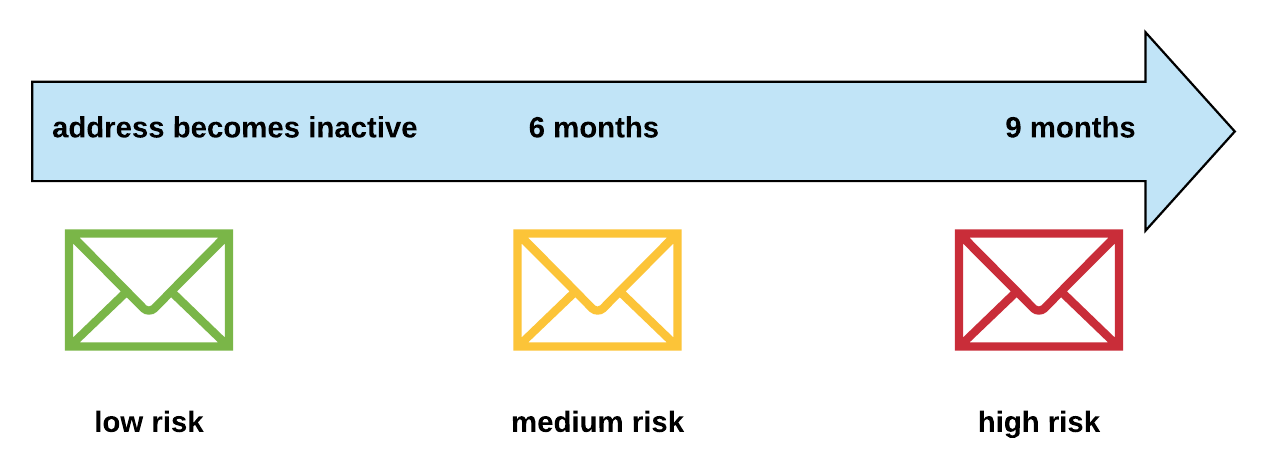Reaktivierungskampagnen sind ein beliebtes Mittel, um “verlorene” Adressdatensätze, die im Zweifel viel Geld gekostet haben, zu “retten“. Klingt nach einer guten Idee, oder nicht? Neben den positiven Aspekten gibt es jedoch auch Risiken. Welche das sind und wie man diese verhindert, darum geht es in diesem Artikel.
NO-GOs bei Reaktivierungskampagnen




